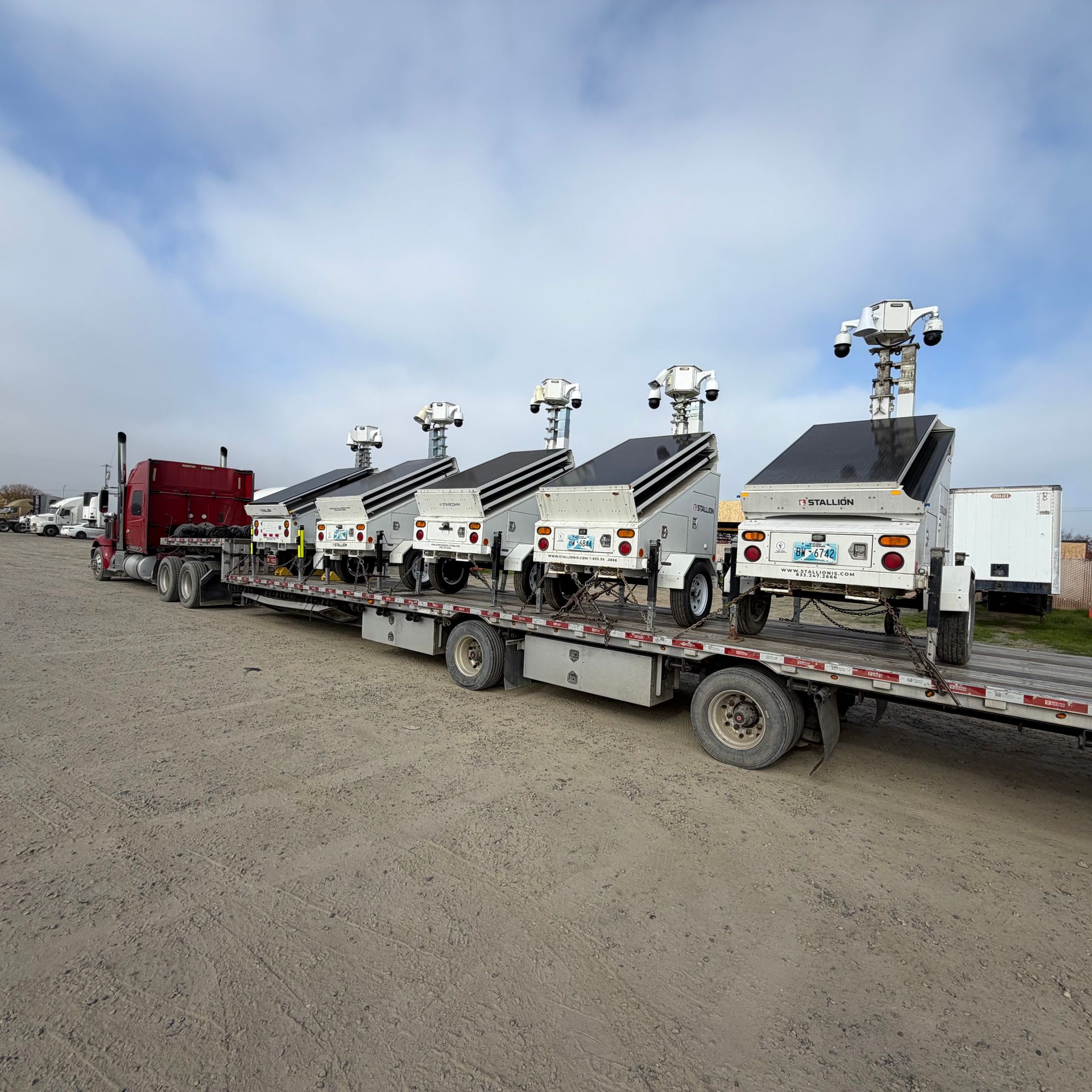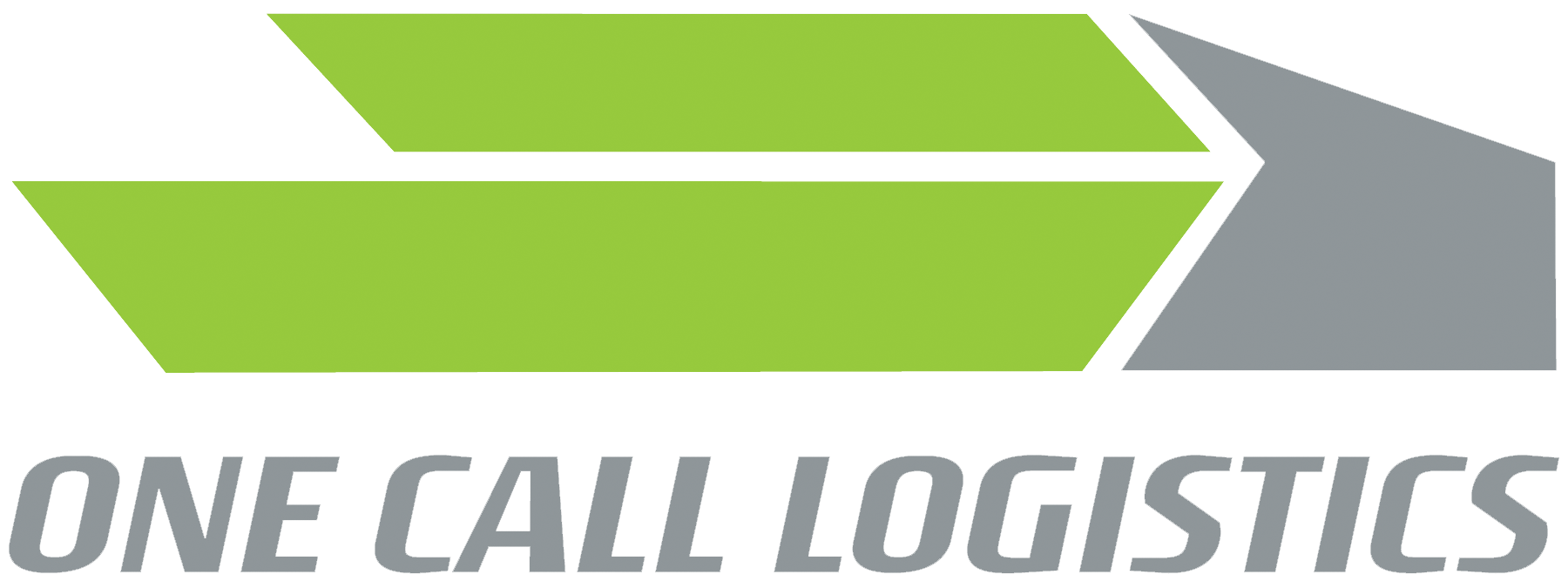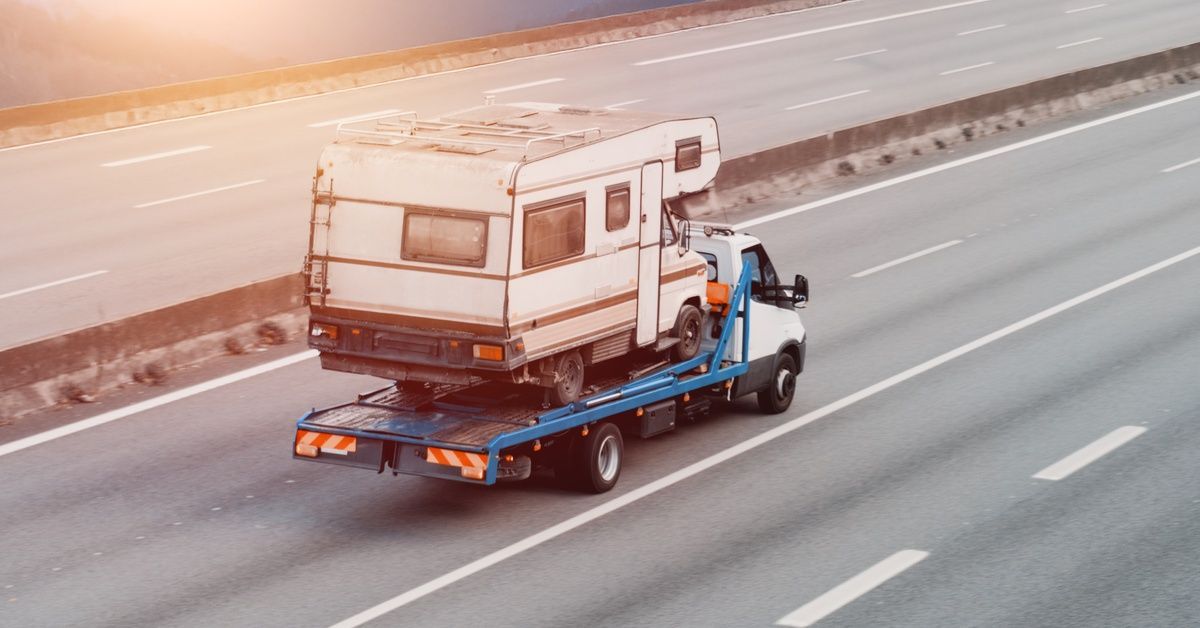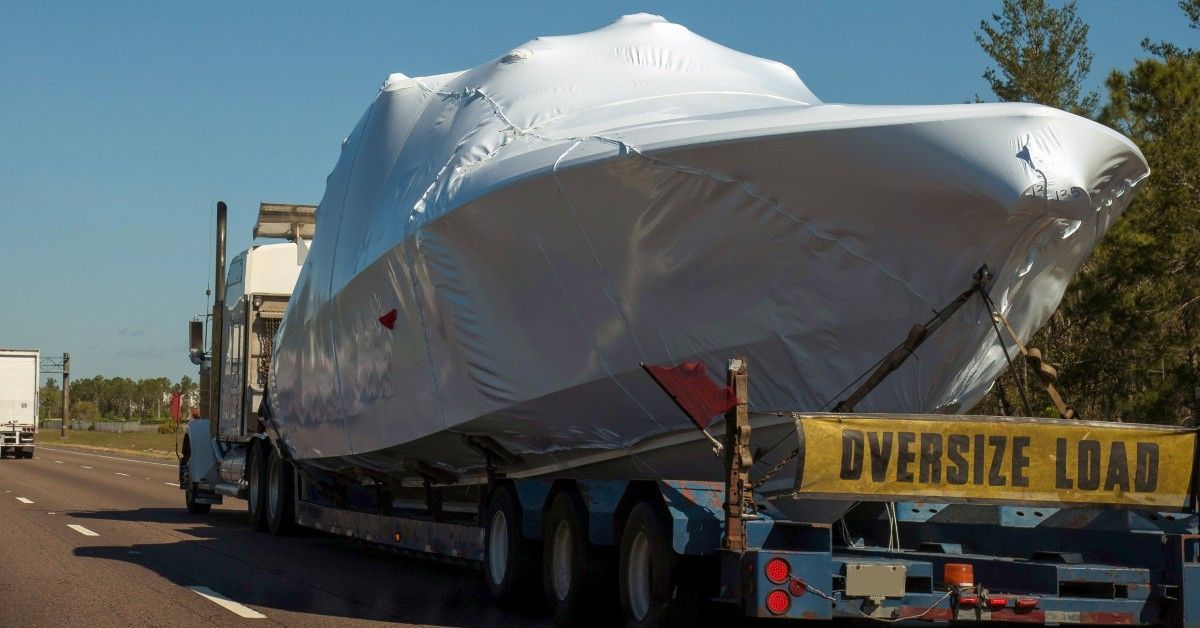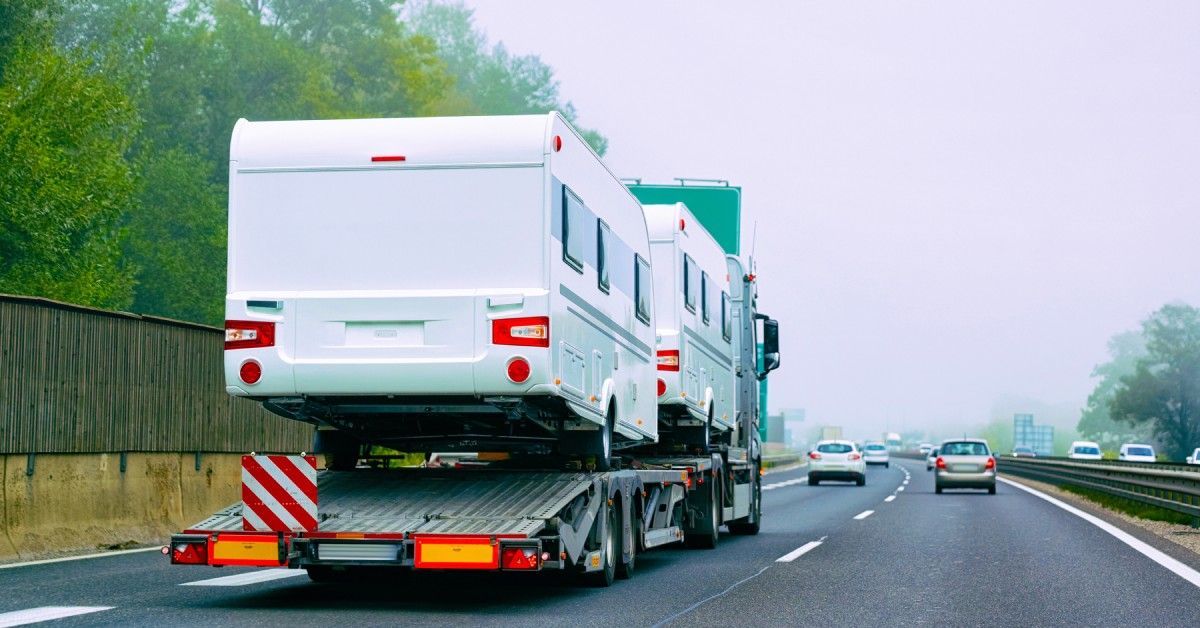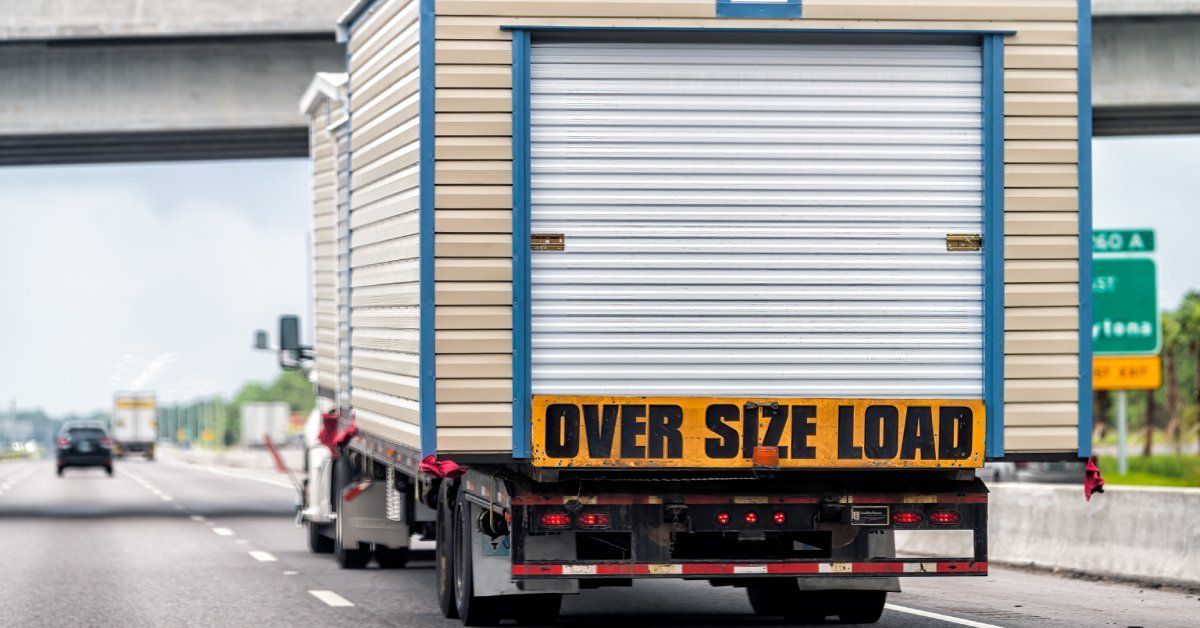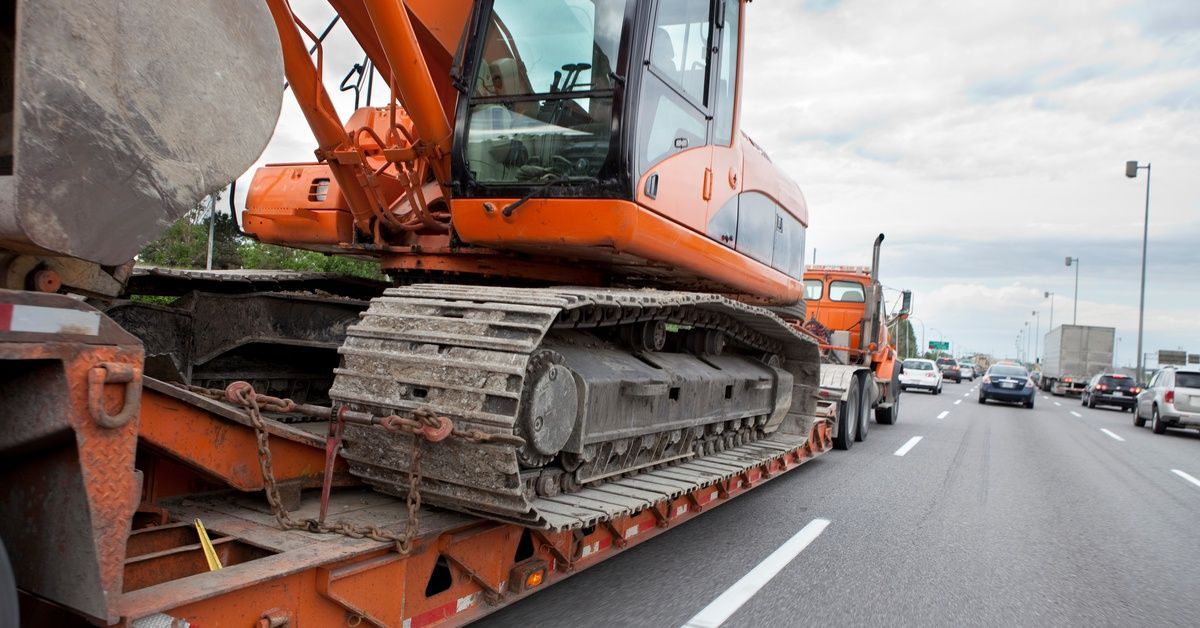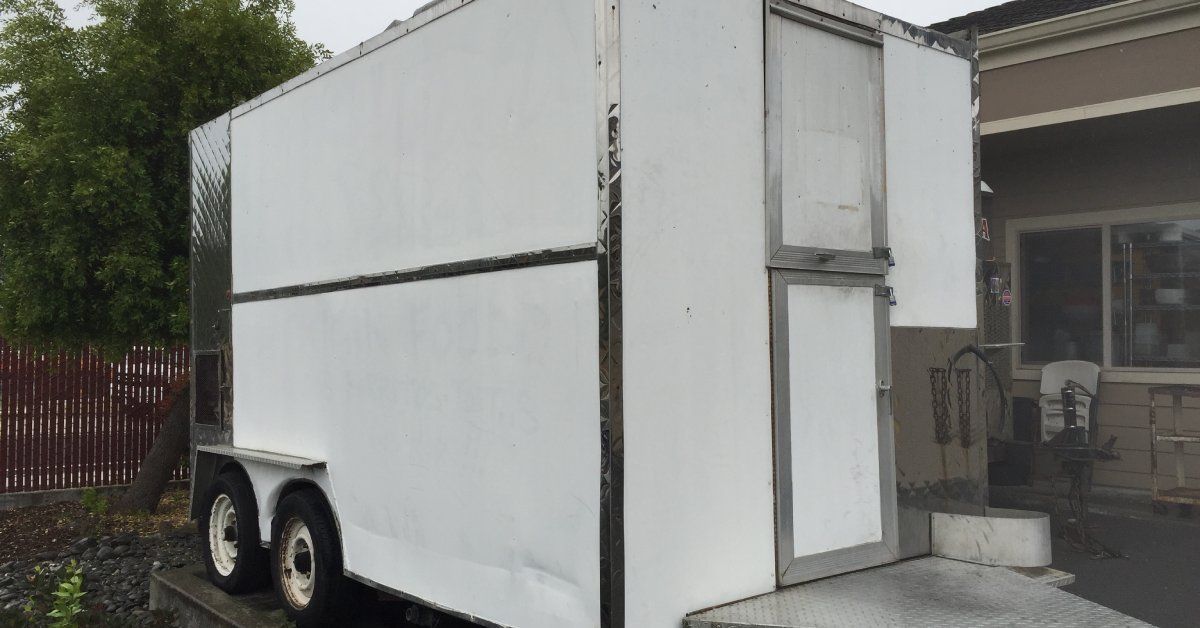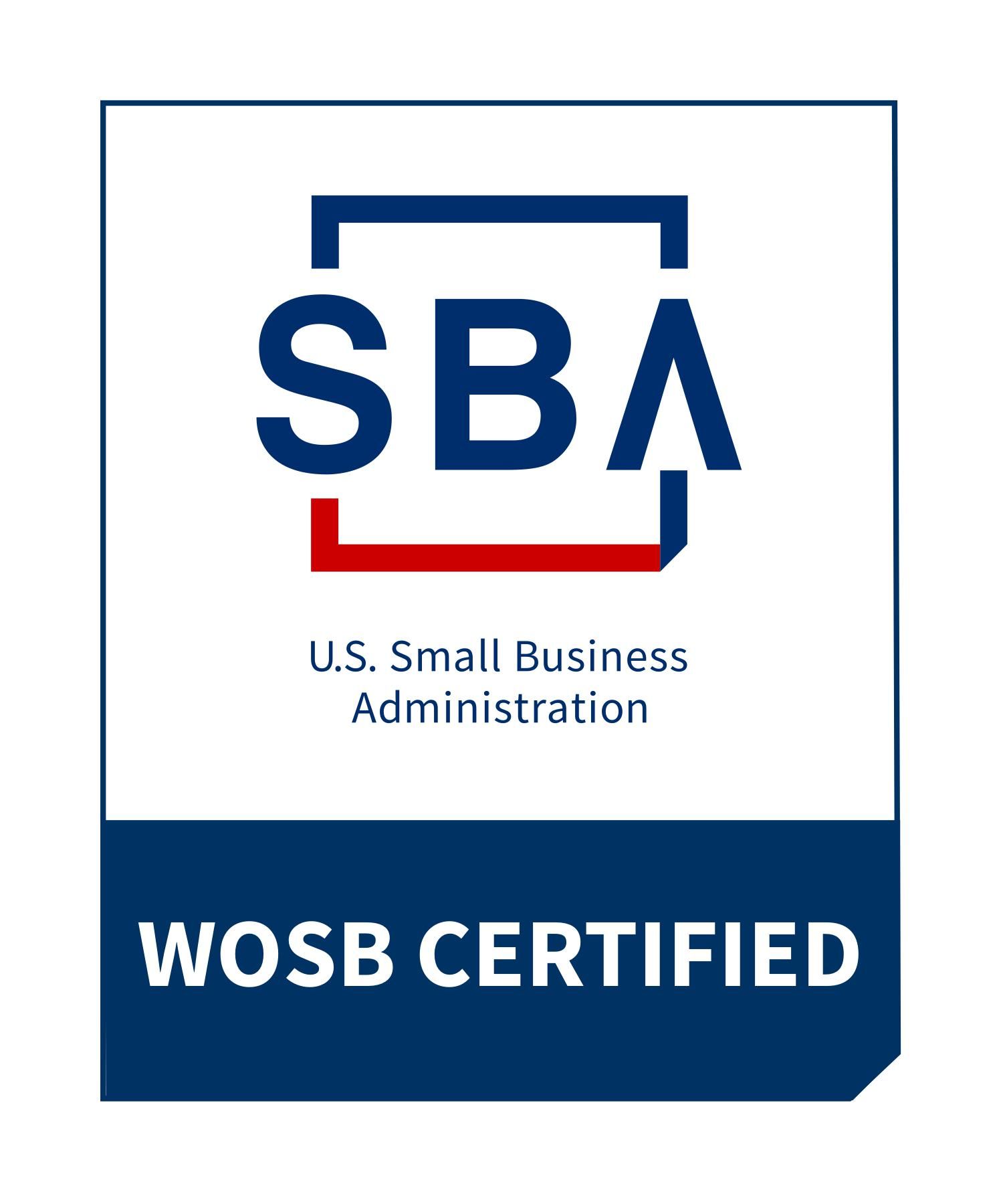What To Consider When Buying an RV out of State
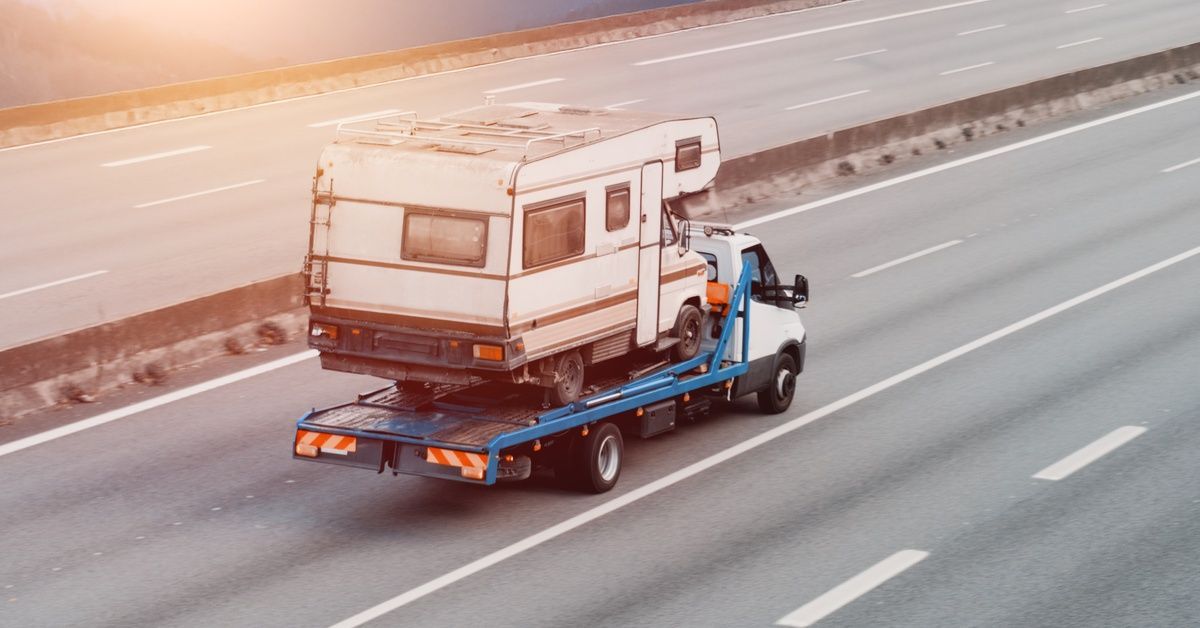
The right RV can open up a world of adventure, but what if your dream rig is several states away? No matter if it’s a better deal, a rare model, or pure coincidence, buying an RV out of state is more common than ever. Crossing state lines to make a major purchase isn’t without its red tape, though.
Knowing what to consider when buying an RV out of state can help you avoid delays, surprises, and costly mistakes. Let’s walk through the practical must-knows to make your cross-border RV purchase a smooth one.
Check State Sales Tax and Fees
Sales tax laws vary widely between states, and they can have a significant impact on your total cost. Some states—like Oregon and Delaware—don’t charge sales tax at all, while others may have rates upwards of 7% or more.
Where you register the RV usually determines the tax, not where you buy it. That means you’ll often owe tax when registering it in your home state.
Don’t forget about additional fees, such as registration, title, and possible use taxes. It’s smart to call your local DMV or check your state’s transportation website in advance, as these hidden costs can add up fast.
Explore Out-of-State Financing
Prior to signing any paperwork, ask how financing works when the seller is based in a different state. Some banks or credit unions have restrictions on out-of-state vehicle loans, especially for private-party purchases. Others may require pre-approval or additional verification steps to release funds.
If you’re financing through a dealership, confirm that they’re licensed to operate in your home state or willing to work with your lender. Differences in state lending laws could affect your loan terms, interest rate, or the length of the approval process. Be sure to obtain a detailed breakdown of any fees associated with cross-state transactions.
Moreover, financing delays can impact your timeline for transport and registration. Getting your loan details in order early ensures you don’t encounter roadblocks when it’s time to move forward.
Understand Emissions and Inspection Requirements
Emissions and inspection standards vary by state, and what passes in one place might fail in another. This is particularly important if you’re buying from a seller in a state with more lenient rules. For example, a used RV from Arizona may not meet California’s emissions standards without modifications.
Ahead of purchase, check your state’s inspection requirements for newly registered out-of-state vehicles. Some states require smog checks, VIN verification, or safety inspections before a vehicle can be registered. It’s best to know this upfront so your new RV isn’t stuck in the driveway.
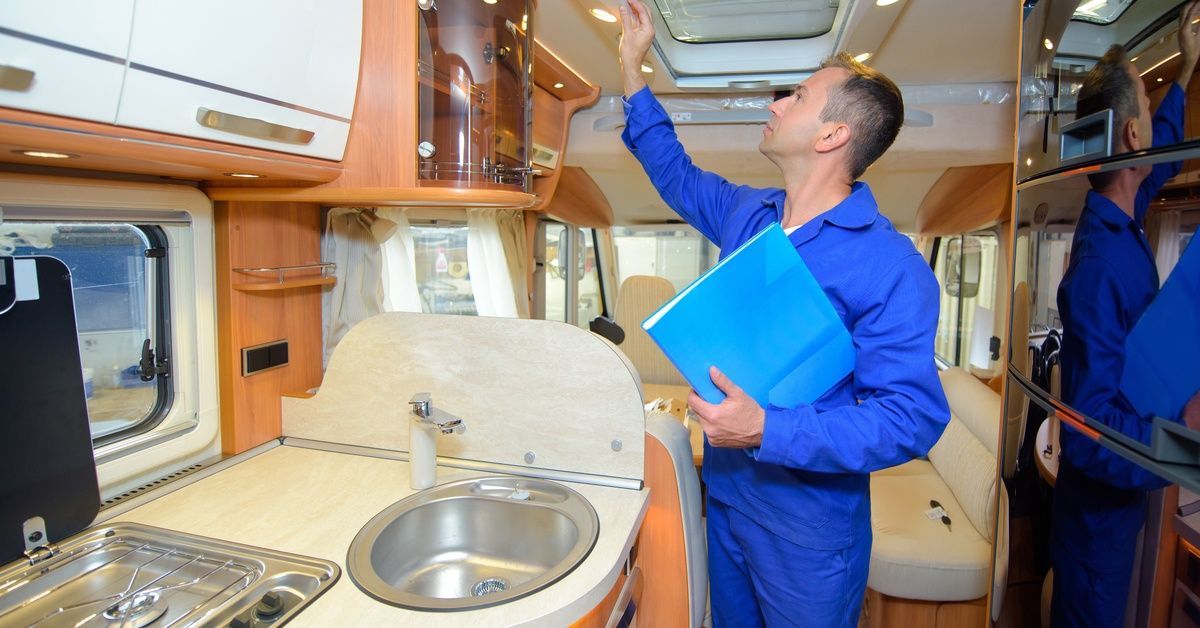
Verify the Title and Ownership
Before you fall in love with that gleaming Class A, make sure the paperwork checks out. Ask the seller to show you the title, and confirm that their name is listed as the legal owner. If a lien is involved, request documentation from the lender showing the payoff status or ask for a signed lien release.
Also, compare the vehicle’s VIN against the title and any available records. Even small typos can cause delays when registering an RV.
Keep in mind that most states require title transfers within 15 days of taking ownership. Dealerships typically handle this process if you’re financing, but cash buyers may need to manage paperwork independently.
Schedule a Pre-Purchase Inspection
One of the smartest investments you can make is a thorough pre-purchase inspection. Even if the seller provides detailed photos and assures you that everything works perfectly, a second opinion from a certified RV inspector is worth the cost.
Most mobile inspectors will come directly to the RV’s location. They will evaluate key systems like plumbing, electrical, HVAC, and structural integrity. If the inspection reveals serious issues, it’s better to know before arranging transport or finalizing paperwork so that you can decide on your next course of action.
Consider How You’ll Get It Home
Once you’ve confirmed the RV is road-ready, the next step is determining how to transport it to your state. You could drive it yourself, of course, but if you’re buying a motorhome from several states away or purchasing a towable RV without the right towing vehicle, professional help may be a better option.
That’s where an RV moving service comes in. RV moving services can save time and reduce wear and tear by handling the delivery for you. Whether they offer open transport or enclosed, choosing a reliable hauler ensures the RV arrives in top condition.
Plan for Registration in Your Home State
Each state has its own registration process. In most cases, you’ll need to register your RV shortly after bringing it home, even if you purchased temporary tags at the time of sale.
Prior to any DMV visit, verify which documents are required. These usually include a bill of sale, the signed title, proof of insurance, and possibly a weight certificate or inspection record. In states like Florida or Texas, appointments may be required, so plan accordingly to avoid delays.
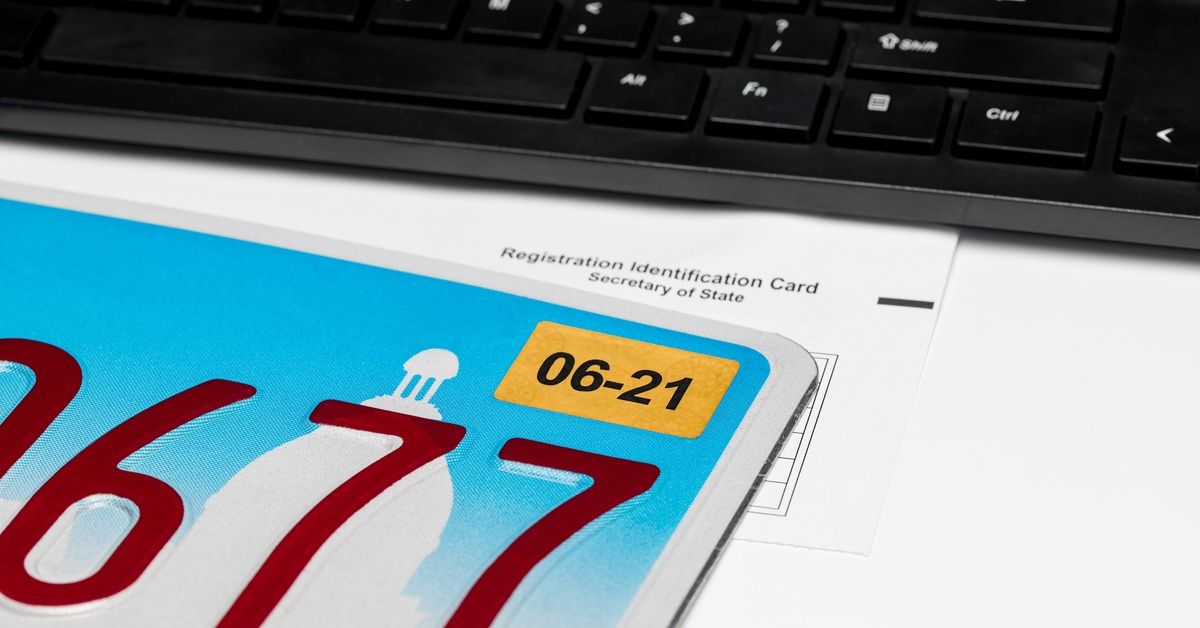
Double-Check the Warranty and Support
Warranties can be tricky when you buy out of state. Some manufacturer warranties are nationwide, while others are tied to specific dealers. Before finalizing your purchase, ask where and how you can access repairs or services, especially if you’re hundreds of miles away from the selling dealership.
Similarly, confirm whether any warranty transfers are required. In some cases, you may need to submit documentation within a specified timeframe to maintain coverage.
Factor in Hidden Travel Costs
Beyond the sticker price, distance brings its own expenses. Plane tickets, hotel stays, meals, and gas can quickly add up if you’re picking up the RV yourself. A short trip across state lines might involve more than you think.
If you’re hiring a hauler instead, ask for an estimate that includes all applicable fees. With a national transport company, you can often avoid the unexpected costs associated with long-distance retrieval. It’s smart to budget for convenience as much as cost.
Ask About Temporary Tags or Permits
Ahead of hitting the road—or scheduling delivery—make certain the RV is legal to transport. Most states offer temporary transit tags, but these vary in terms of duration and eligibility requirements. Some sellers may handle this for you, while others may not.
Check with the DMV in both the state of purchase and the destination state. A simple oversight, like driving without the proper tags, could result in fines or towing.
Choose Trusted Transport Partners
Buying an RV out of state comes down to several considerations, including planning and paperwork. But the journey doesn’t end when you sign the bill of sale; it continues until the RV is safe in your driveway and ready for adventure.
If you’re looking for help bringing your new RV home, One Call Logistics is ready to assist. With our headquarters in DeLand, Florida, and locations in over two dozen states, including California, Texas, and the Carolinas, we make RV delivery easy and convenient.
Whether you’re moving across town or across time zones, One Call Logistics offers professional hauling with a personal touch.
